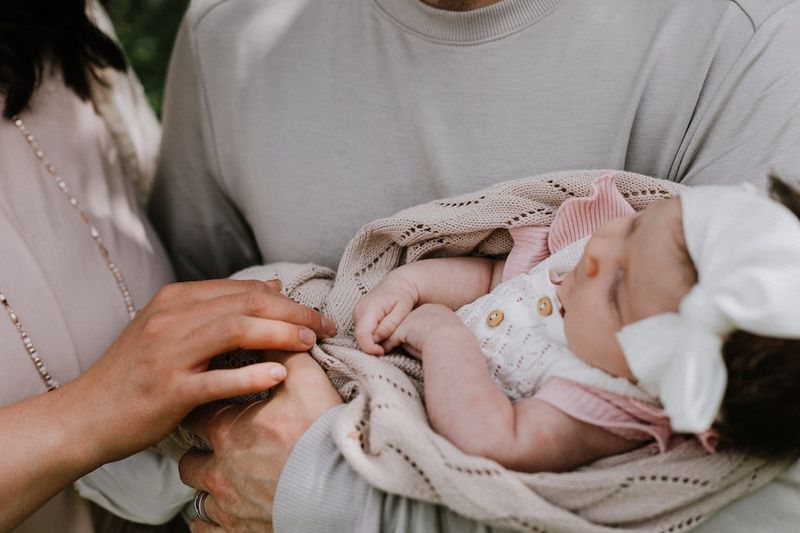Embattled National Chief RoseAnne Archibald Ousted by Assembly of First Nations
Motion for Removal Succeeds with 71% Support
In a historic virtual meeting held via Zoom, the Assembly of First Nations (AFN) chiefs voted to remove RoseAnne Archibald as the national chief. The motion to remove Archibald required 60% support from the First Nations leaders in attendance, and it ultimately secured 71%, with 163 out of 231 votes cast in favor of her removal. The chiefs had the choice between two resolutions: one calling for Archibald’s removal, and the other endorsing her to continue until 2024. However, after the first resolution succeeded, the second was discarded.
Chiefs Irene Kells and Kyra Wilson, representing Ontario and Manitoba respectively, led the motion to topple Archibald. Those who supported her removal criticized her leadership, while others saw the potential impeachment of the first woman national chief as an extreme measure. The meeting was marked by disappointment, sadness, and concern for the AFN’s future, with several chiefs expressing their distress at the prolonged issue.
Uncharted Territory for the Assembly of First Nations
The vote to remove Archibald concludes over a year of internal leadership controversy within the AFN, a federally funded advocacy organization representing over 600 First Nations communities across Canada. The troubles intensified in June 2022 when four of Archibald’s senior staffers filed misconduct complaints against her, followed by a fifth complaint from the AFN’s then-CEO. As a result, regional chiefs within the AFN launched an external investigation into Archibald’s conduct and suspended her.
During the July 2022 Vancouver assembly, the regional chiefs recommended her removal, rejecting the suspension and ordering a financial review. They urged both sides to cooperate on the probe and, if necessary, hold a special meeting to report back. The proceedings were not open to the complainants or the public, but CBC News was granted access. Ottawa-based employment lawyer Raquel Chisholm, who conducted the investigation, presented a briefing that found Archibald had harassed two complainants and retaliated against all five. Archibald countered with her own report, disputing the findings.
Archibald’s Defense and Accusations
Facing the possibility of losing her political position, Archibald delivered a passionate speech arguing that removing her would set a dangerous precedent. She claimed that the AFN would be firing its first female national chief for minor breaches of human resources policies. Archibald emphasized that her situation would never have happened to a male chief or any of her predecessors. Her lawyer, David Shiller, denounced the investigation’s summary as advocacy on behalf of the regional chiefs, accusing them of being solely motivated to topple Archibald. Shiller criticized the misinterpretation of the findings and claimed that Archibald had been vindicated, asserting that the process was unfair and the conclusions weak.
Archibald asserted that the efforts against her began in February 2021 when she launched a campaign for a financial review while serving as Ontario regional chief. At that time, the AFN initiated a separate investigation into bullying and harassment allegations against her, which reached a dead end due to the complainants’ fear of workplace retribution if they came forward publicly.
Responses from Regional Chiefs
Regional chiefs responded to Archibald’s defense, highlighting the seriousness of the allegations against her. Nova Scotia Regional Chief Paul (PJ) Prosper characterized the breaches as not minor, but serious. He emphasized that the vote was not about gender but about the actions, competence, and performance of the national chief. Nevertheless, Prosper recognized that the governance dispute has caused harm to the organization, suggesting that the low turnout at the meeting represented the discontent of a silent majority of chiefs. New Brunswick Regional Chief Joanna Bernard expressed embarrassment over Archibald’s conduct and her reliance on gender as a defense.
Speaking in French, Quebec Regional Chief Ghislain Picard, who previously served as interim national chief, stated that he had never witnessed such dysfunction during his years in the AFN. Chief Jeffrey Copenace of the Ojibways of Onigaming in Ontario, a vocal supporter of Archibald, criticized the regional leaders during the meeting, asserting that their conduct was an embarrassment to the country.
Moving Forward
The meeting adjourned following the successful non-confidence motion to remove Archibald. Regional Chief Prosper stated that the AFN executive would initiate a process to select an interim national chief, emphasizing the importance of healing the rift within the organization. At the time of writing, Archibald was unavailable for comment.
The AFN’s decision to remove Archibald as the national chief marks a significant moment in Indigenous governance in Canada. The controversy surrounding Archibald’s leadership and the subsequent vote reveals the deep divisions and challenges within the AFN. It is crucial for the organization to heed the concerns expressed by chiefs who spoke of the need to put this dispute behind them and rebuild unity for effective advocacy on behalf of First Nations communities.
As the AFN moves forward, selecting a new national chief should be a process that prioritizes healing, inclusivity, and transparency. The new leader must navigate the delicate balance between addressing the concerns raised during Archibald’s tenure and leading the organization towards a more unified and effective advocacy approach. Additionally, it is vital for the AFN to address the issues of workplace harassment and misconduct raised during this controversy, ensuring a safe and respectful environment for all staff members.
Ultimately, the removal of RoseAnne Archibald as national chief serves as a reminder of the importance of accountable and effective leadership within Indigenous governance structures. It underscores the need to prioritize the well-being and interests of First Nations communities, while also addressing internal concerns to ensure the AFN can effectively advocate for the rights and needs of Indigenous peoples across Canada.

<< photo by Priscilla Du Preez >>
The image is for illustrative purposes only and does not depict the actual situation.




